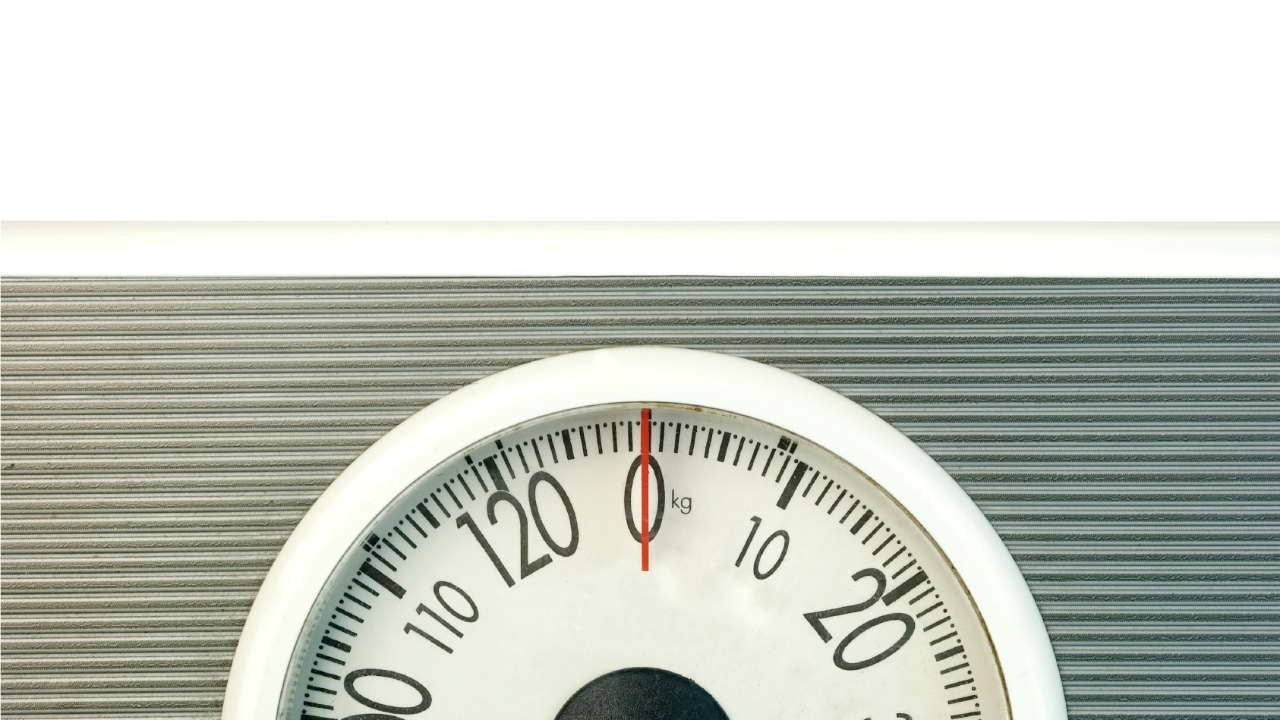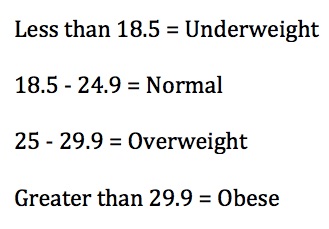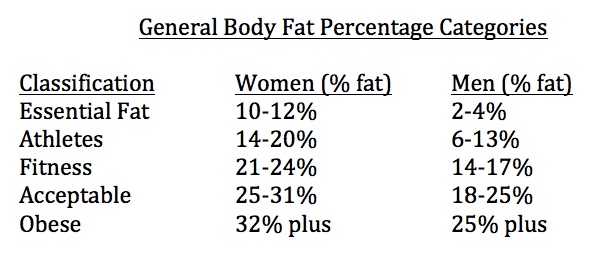I don’t normally tell people when I first meet them that I am a registered dietitian. It makes me feel uncomfortable, especially if they catch me indulging in my beloved McDonald’s triple thick chocolate milkshake. However, if it does come up in conversation, the one question that comes up over and over is, “How much should I weigh?” I totally understand their concern. We want to know what a healthy weight should be, so we can set a definitive, magical number as our end goal.
Since weight can be a good indicator of overall health, it’s a valid question to ask. After years and years of practice, I can normally spit out a healthy weight range based on their gender and height. But knowing your healthy weight is only part of the picture. As you will see, there are other factors to consider when discussing a healthy weight.
Healthy Weight and BMI
There are many different measurements when it comes to determining if an individual is at a healthy weight. One of the most popular assessment tools is body mass index or BMI. As a clinical dietitian working in healthcare, BMI was the tool I used most often.
A person’s BMI is calculated as weight in kilograms divided by height in meters, squared (BMI Calculator). Here are the BMI ranges:
Healthy Weight: Why I Like BMI
As a clinical dietician, there are many reasons why I like using BMI to help determine if someone is at a healthy weight:
First of all, it is super easy to calculate. The only equipment needed is a yardstick and a scale. Once those values are obtained, it’s a matter of plugging them into the equation and getting the results.
Another reason I like using BMI is that for most individuals, it is an accurate picture of nutritional status. Essentially, in a matter of seconds, I am able to determine if an individual is morbidly obese and in need of a nutritional consultation or if they are indeed at a healthy weight.
Finally, I like BMI because it is very cut and dry. There are definite parameters of underweight, normal weight, overweight, and obese. This can be very useful when I have a high patient population and deciding on who is in the greatest nutritional need versus those who are already at a healthy weight.
Healthy Weight: Why I Do Not Like BMI
There are also many reasons why I don’t like using BMI as an indicator of being at a healthy weight or not. And here are just a few:
BMI does not account for distribution of fat. Not all classifications of “overweight” are equal. Carrying extra body fat in the abdomen puts an individual at a higher risk for type 2 diabetes and heart disease. While fat carried elsewhere on the body is considered healthier.
BMI is not accurate for the elite athlete. Muscle weighs more than fat and can elevate a person’s body weight that would categorize him or her in the realm of overweight. However, at a closer look, the individual is engaged in regular physical activity and has a very low body fat percentage. So it can misrepresent those who are actually at a healthy weight.
Finally, BMI does not take into account race, gender, or age. Females should generally weigh less than males. Asians should generally weigh less than others of a different ethnicities. And so on.
Healthy Weight: Waist Circumference
As I mentioned earlier, not all body fat is the same. “Belly fat” or abdominal fat increases your risk of type 2 diabetes, cardiovascular disease, and high blood pressure. So in addition to understanding what a healthy weight should be, we should also figure out your waist circumference, which is the measurement of the abdomen. This can be particularly helpful for those with a BMI of less than 35.
Waist circumference is also very easy to obtain:
1. Place the tape measure on your bare abdomen snugly just above the hip bone.
2. Exhale and then measure the waist in inches.
While waist circumference may be a better predictor of health risk than BMI, it’s still not perfect. An individual can have a lower waist circumference, be at a healthy weight, but not eat healthy foods or participate in physical activity.
Healthy Weight: Straight Body Fat Percentage
Body fat percentage is considered the superior method to determine a healthy weight. It further defines the composition of your weight. For instance, if you are 150 pounds and 10% body fat, then your body consists of 15 pounds fat and 135 pounds of lean body mass and water.
Body fat is essential to survive. It is the main form of the body’s energy storage, regulates body temperature, as well as insulates organs and tissue. The following table breakdowns body fat percentage and its related classification.
While body fat percentage is the best method of determining a healthy weight, it is the most difficult to calculate. Different methods include body fat calipers, the measurement method (further defined by YMCA measurement), body fat scales and monitors, water displacement, and DEXA scanning.
TIP: If decide you would like to use a body fat scale to make sure you’re at a healthy weight, this Withings scale is our current favorite.
The use and combination of all three methods, BMI, waist circumference, and body fat percentage, can enable you to get a better picture of what is mostly likely your healthy weight.
Healthy Weight: Conclusion
So you can see the issues with a question such as “what is a healthy weight for me?” There are guidelines to look at but each person is a unique, individual case. Two people can be the exact same height with the exact same weight but be polar opposites. One may not exercise or eat right and have a high body fat percentage. While the other may exercise regularly, eat a well-balanced diet, and have a lower body fat percentage. In other words, they could weigh the same, but one be at a healthy weight and the other would not.
Genetics, of course, can play a major factor as well. Therefore, rather than only asking, “What is a healthy weight for me,” also ask yourself, “How am I treating my body?” Do you smoke? Do you get regular physical activity? Do you eat a well-balanced diet? Are you taking action to reduce any genetic risk factors? The answers to these questions will be a better indicator of your overall health than merely asking what your healthy weight should be.
Most of all, it’s important to remember that a certain number on the scale should not be the goal of your fitness routine, nor does it define you. The goal should be to start and maintain a healthy lifestyle so that you are honoring God’s temple.
Do you not know that your body is a temple of the Holy Spirit, who is in you, whom you have received from God? You are not your own; you were bought at a price. Therefore honor God with your body. – 1 Corinthians 6:19-20




